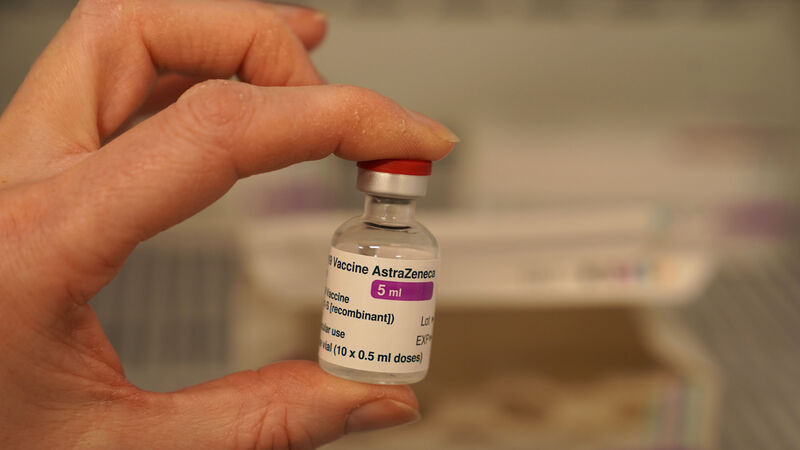Explainer: What is the AstraZeneca vaccine supply row about?

A row has erupted between the European Union, the United Kingdom and pharmaceutical company AstraZeneca over the supply of coronavirus vaccines.
The EU is frustrated at supply shortages and has demanded AstraZeneca doses be sent from British plants to make up for a shortfall.
















